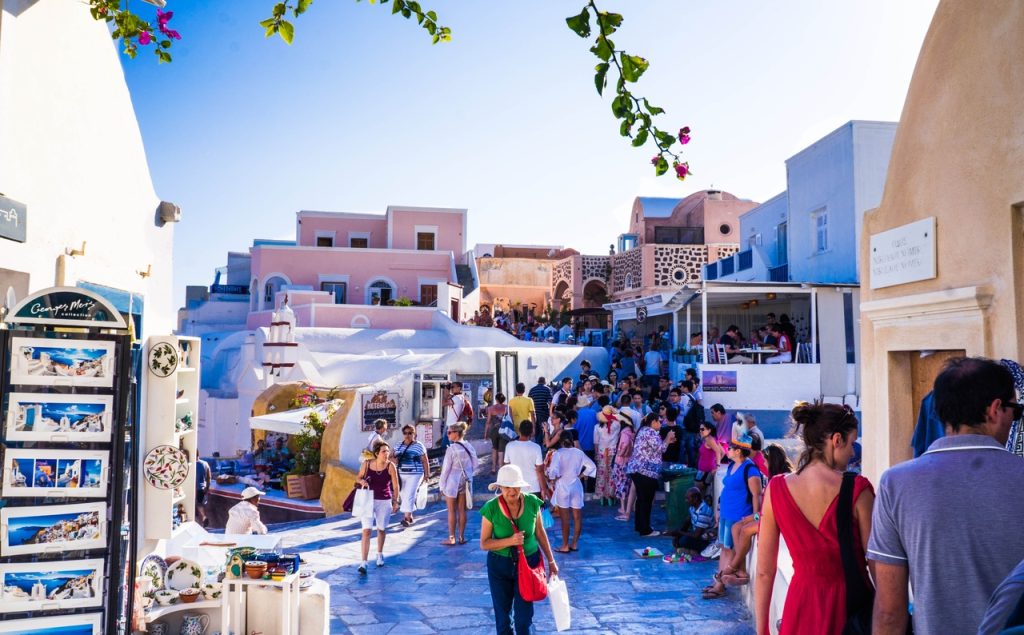The global travel industry has been making progress in its recovery from the pandemic, but this has led to a tourism boom in some destinations, raising concerns about the impact on inflation. Increased demand for travel-related services such as hotels, restaurants, and transportation can drive up prices in these sectors, contributing to overall inflation. The surge in tourism can also lead to cost pressures on businesses, as higher occupancy rates increase operational costs that might be passed on to customers through raised prices, impacting financial results. Additionally, an influx of tourists can strain local resources and supply chains, leading to higher costs for goods and services, such as increased fuel consumption pushing up fuel prices and contributing to inflation.
Increased tourism has been linked to inflation in countries such as Iceland, Greece, and Japan. In Iceland, tourism has been identified as a contributor to inflation, with the president of the Icelandic Confederation of Labour stating that the general wage earner is paying for it. Economists in Greece have also tied inflation to a tourism boom, with tourism directly accounting for about a third of inflation and causing property prices to jump. In Japan, the surge in foreign visitors has led to increased prices at restaurants near popular tourist spots, making life more expensive for Japanese citizens despite the country becoming more affordable for overseas visitors due to a weak yen.
Inflation has also been linked to tourism bumps resulting from major events such as concert tours. In Portugal, inflation accelerated in part due to a jump in hotel prices in Lisbon when Taylor Swift performed as part of her Eras Tour. Similarly, Swift’s London concerts could increase services inflation in the UK, with hotel prices potentially leading to a 0.3 percentage point jump in inflation. Beyonce’s shows in Sweden also contributed to higher-than-expected inflation, with higher hotel prices in Stockholm as fans flooded the city for the concerts. These events show how tourism bumps can impact prices in various sectors, contributing to overall inflation in different countries.
Overall, while tourism can stimulate economic activity and bring benefits to destinations, it can also lead to inflationary pressures through increased demand, higher operational costs, and strained resources. As more people travel to popular destinations, the increased spending can drive up prices in various sectors, impacting the overall cost of living for residents and visitors alike. Destinations experiencing a tourism boom must manage these challenges effectively to ensure sustainable growth and avoid negative impacts on their economies and communities. By understanding the relationship between tourism and inflation, policymakers and businesses can develop strategies to mitigate the negative effects and ensure that tourism remains a positive force for economic development.


